A still from a video posted by MIT that illustrates the air pollution that would be generated over one year by a grid with no nuclear power. (Credit: MIT)
Nuclear power is the single largest source of clean energy in the United States, but how can the value of “clean” be measured? Two recent reports by researchers at the Massachusetts Institute of Technology and Pacific Northwest National Laboratory, respectively, measured the clean energy benefits of nuclear energy in different ways: the benefits to human health from the air pollution avoided and the future economic value of avoided carbon emissions.
This slide on the right from the consensus committee’s public briefing identifies 10 core variables that are important to the success of advanced reactor deployments. (Image: NASEM, Laying the Foundation for New and Advanced Nuclear Reactors in the United States)
These graphs illustrate how rapidly scaling the nuclear industrial base would enable nearer-term decarbonization and increase capital efficiency, versus a five-year delay to reach the same 200 GW deployment by 2050. (Source: DOE, Pathways to Commercial Liftoff: Advanced Nuclear, Fig. 1)
The Department of Energy released Pathways to Commercial Liftoff: Advanced Nuclear earlier this month. It is one of the first in a series of reports on clean energy technologies and the private and public investments needed to overcome hurdles to full-scale deployment. The report makes a clear case for investment in nuclear power and challenges potential investors and operators to move beyond the current “wait and see” stalemate and generate “a committed orderbook . . . for 5–10 deployments of at least one reactor design by 2025.”
Artist’s rendering of an Xe-100 plant. (Image: X-energy)
Dow and X-energy announced today that they have signed a joint development agreement (JDA) to demonstrate the first grid-scale advanced nuclear reactor at an industrial site in North America within a decade. As part of the agreement, Dow is now a subawardee under X-energy’s Advanced Reactor Demonstration Program (ARDP) Cooperative Agreement with the Department of Energy.
The U.S. ITER Project Office in Oak Ridge, Tenn. U.S. ITER has received $256 million in Inflation Reduction Act funding. (Photo: U.S. ITER)
Just days before COP27 and the U.S. midterm elections, the White House announced $1.55 billion in Inflation Reduction Act (IRA) funding for national laboratories and the launch of a Net-Zero Game Changers Initiative based on a new report, U.S. Innovation to Meet 2050 Climate Goals. Out of 37 research and development opportunities identified, fusion energy was selected as one of just five near-term priorities for the new cross-agency initiative. Together, the announcements signal policy and infrastructure support for fusion energy—the biggest chunk of Department of Energy Office of Science (DOE-SC) IRA funding went to ITER, via Oak Ridge National Laboratory—and for advanced nuclear technologies to power the grid and provide process heat to hard-to-decarbonize industrial sectors.
Tiara Carrasquillo Pérez (far left) and Matt Hageman (far right) are pictured with five other WISE interns and FMR Gil Brown (center front).
For the first time since 2019, student interns were welcomed to Washington, D.C., for the summer to participate in the Washington Internships for Students of Engineering (WISE) program. Among them were two students sponsored by ANS—Tiara Carrasquillo Pérez and Matt Hageman.
Nuclear power capacity by scenario, 2020–2050 (STEPS: stated policies scenario, APS: announced pledges scenario, NZE: net-zero emissions by 2050 scenario). (Graphic: IEA World Energy Outlook 2021)
The International Energy Agency released its flagship report, World Energy Outlook 2021, on October 13, “at a time when policymakers are contending with the impacts of both climate change and volatile energy markets” and ahead of the COP26 Climate Change Conference in Glasgow, which begins October 31. With a net-zero emissions by 2050 (NZE) scenario that calls for nuclear power capacity to almost double by 2050, the report acknowledges that rapid development of advanced nuclear technologies could expand opportunities for nuclear energy to provide low-carbon electricity, heat, and hydrogen.
Two battery Megapacks were destroyed in a July fire at Victorian Big Battery. Each battery is about the size of a standard shipping container. (Photo: Country Fire Authority)
Australia’s two large lithium-ion storage batteries are getting attention for all the wrong reasons. Hornsdale Power Reserve, a 150-MW battery collocated with a wind farm in South Australia, is being charged in federal court with failing to deliver on promises to respond to grid demands, and of being technically unable to deliver under the terms it was being paid to meet. Proceedings were filed September 22, just before the testing of a second Tesla-manufactured “Big Battery” resumed after a two-month delay following a fire in July.
Photo: University of Manchester (U.K.)
Nuclear waste should not be used as an excuse for trying to shut down nuclear reactors, says radiation safety expert Andrew Karam in his recent article for the American Council on Science and Health titled, “Let’s Talk about Radioactive Waste."

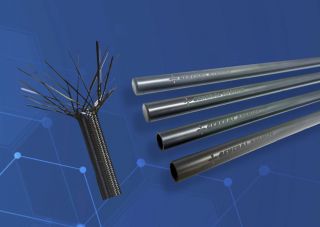


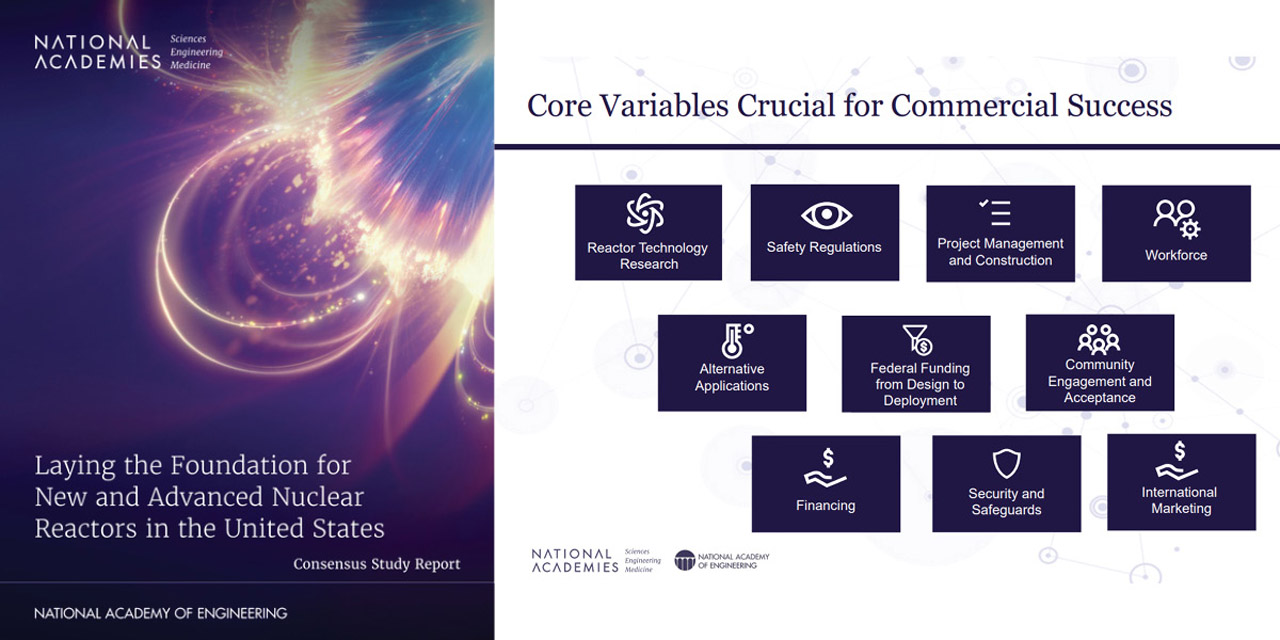

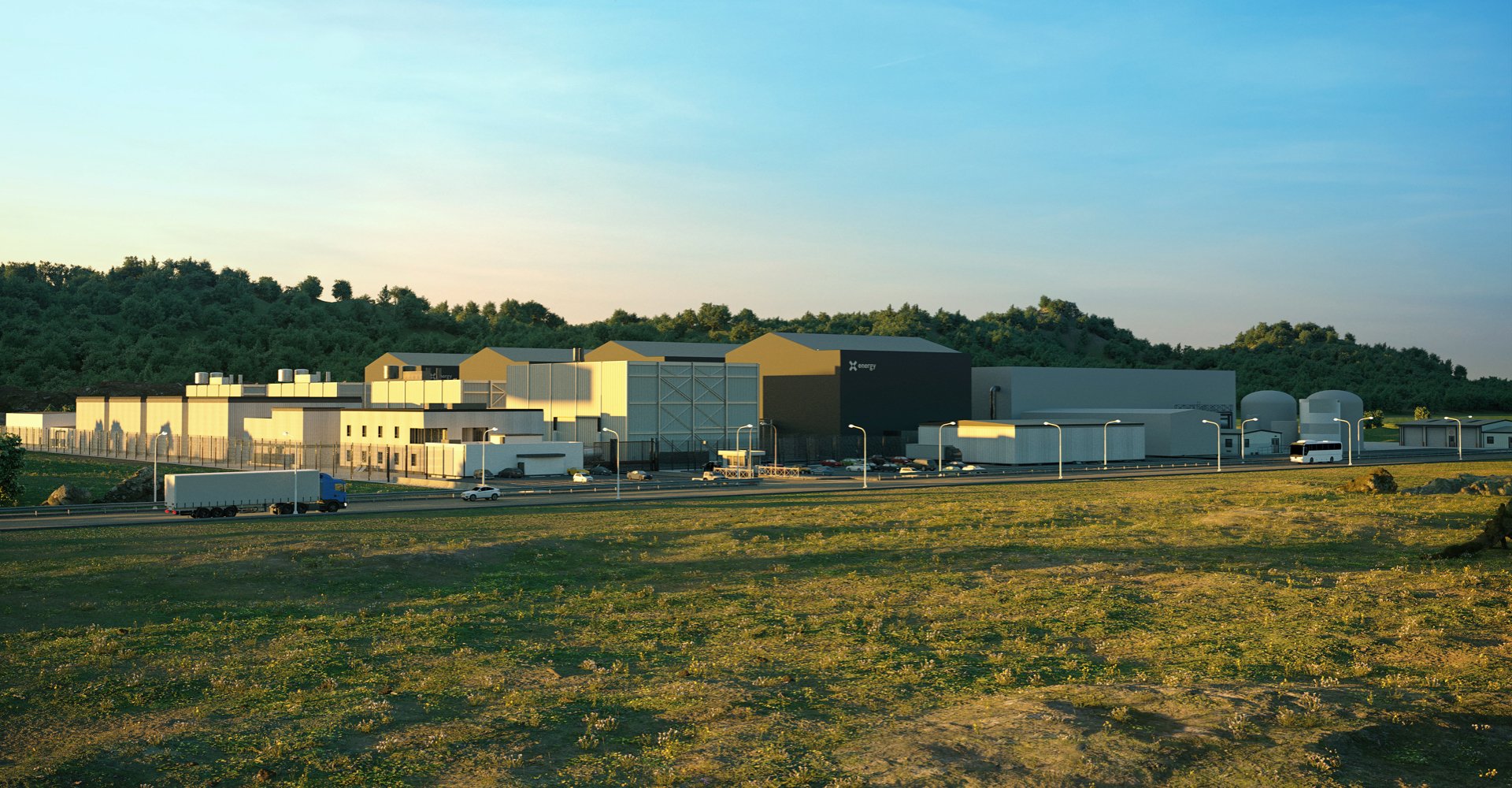
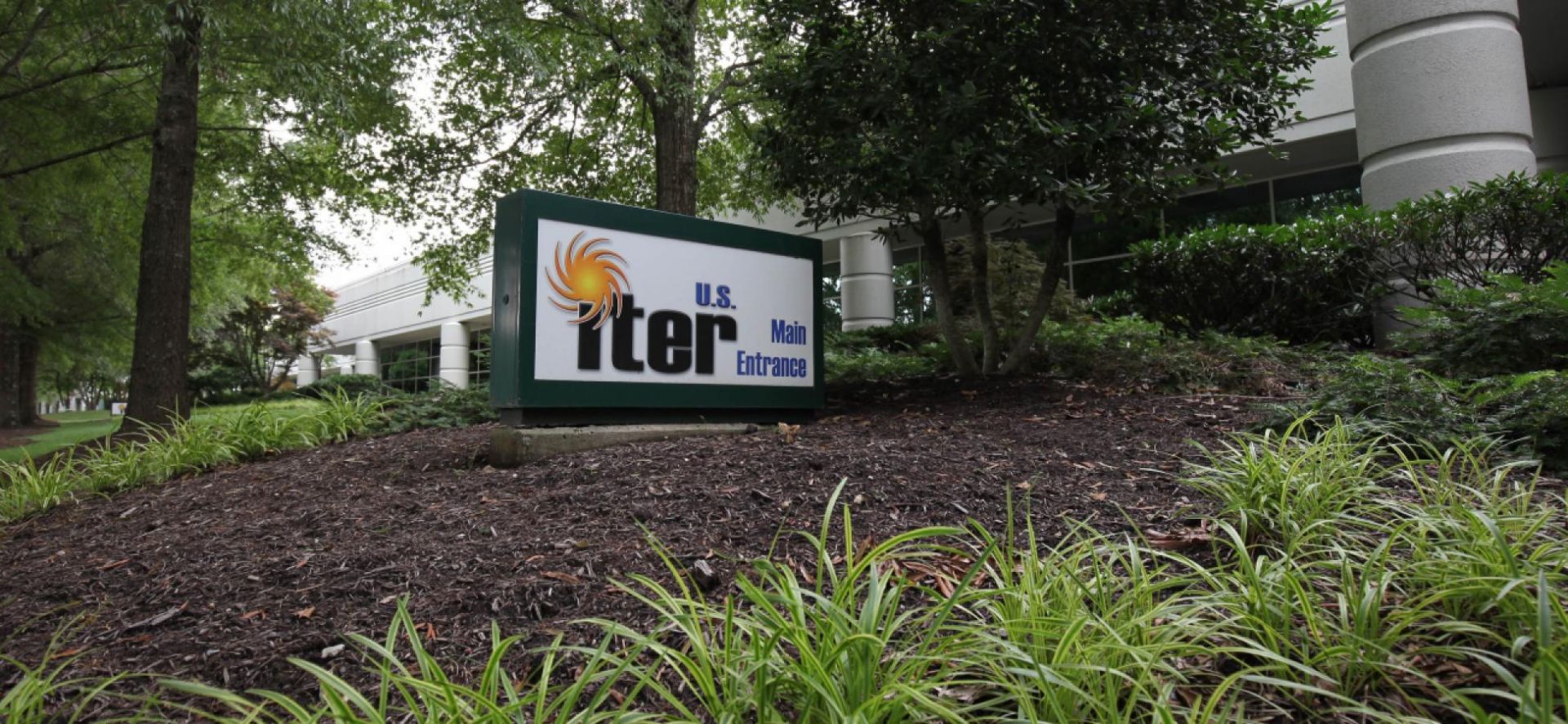

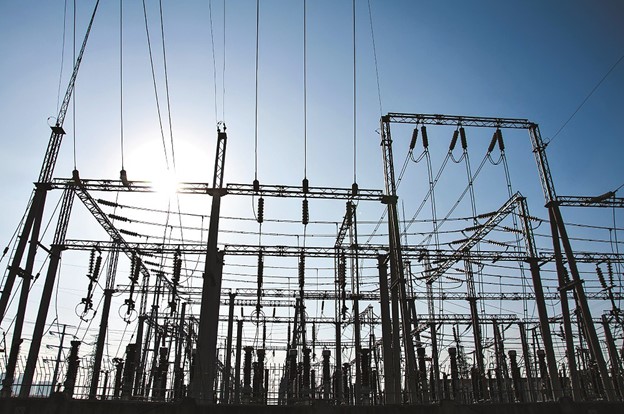

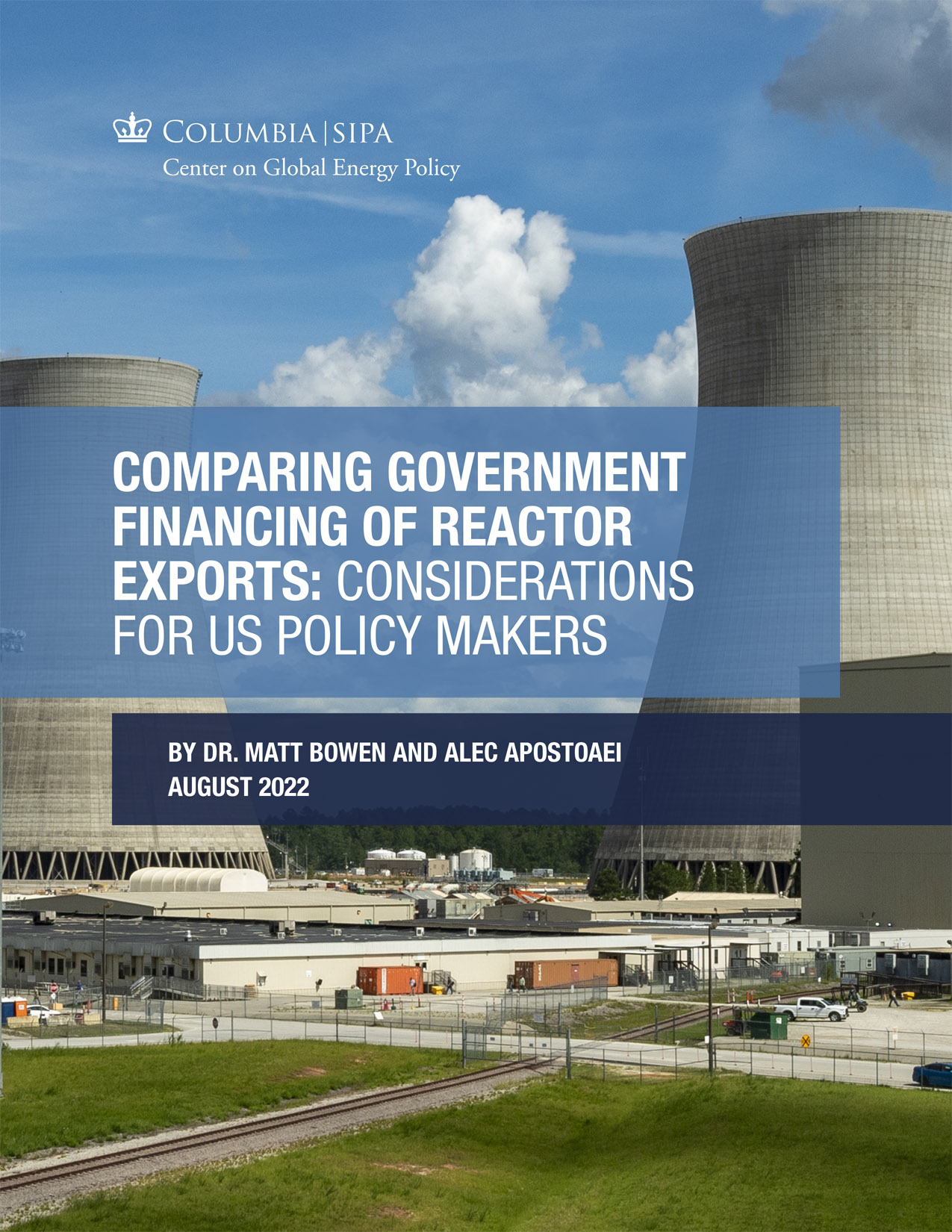 As energy security and environmental concerns prompt some countries to increase their reliance on nuclear energy or become first-time adopters of the technology, the U.S. government must decide whether it will offer financing for reactor exports—a move that poses financial risks but could create jobs, address global climate and energy security challenges, and limit Chinese and Russian influence. A new
As energy security and environmental concerns prompt some countries to increase their reliance on nuclear energy or become first-time adopters of the technology, the U.S. government must decide whether it will offer financing for reactor exports—a move that poses financial risks but could create jobs, address global climate and energy security challenges, and limit Chinese and Russian influence. A new 



